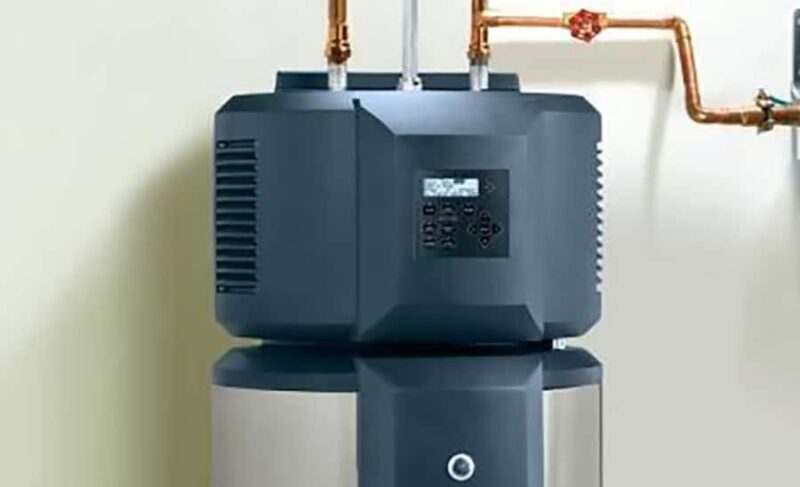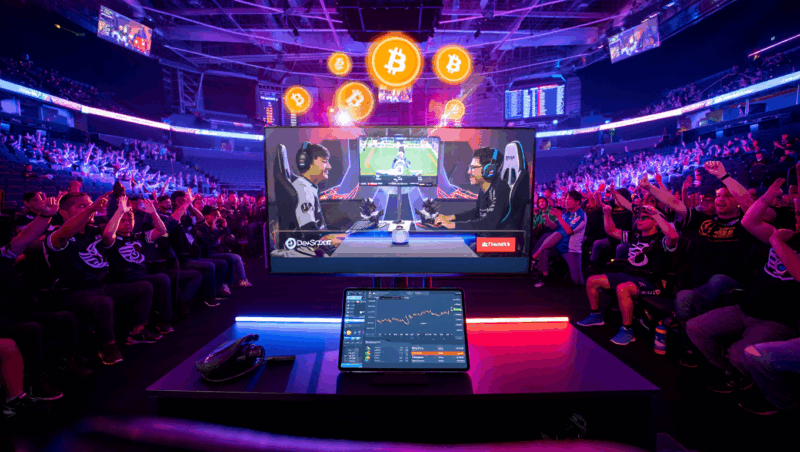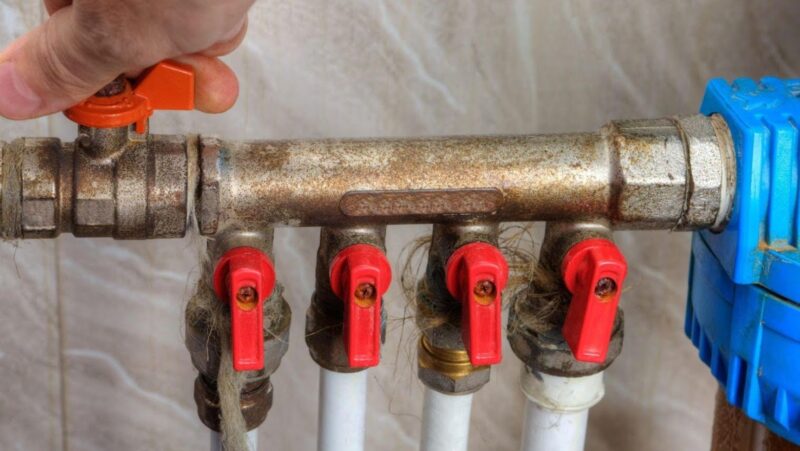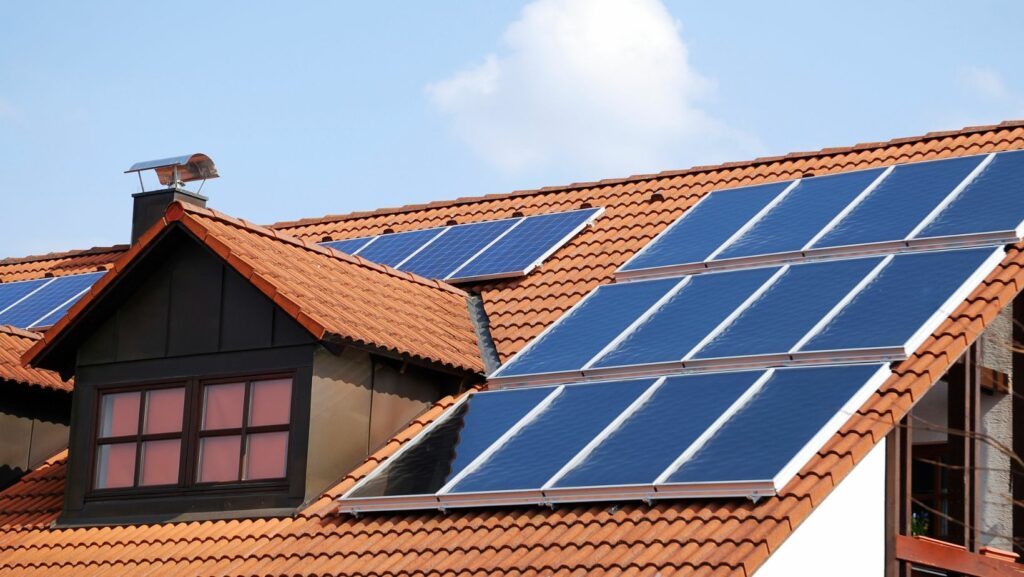
In the quest for sustainable living, smart solar panels have emerged as a game-changing innovation.
These advanced systems not only harness the sun’s energy more efficiently but also integrate intelligent technologies to optimize performance. For homeowners seeking both elegance and efficiency, smart solar panels offer a compelling solution.
This article explores the features, benefits, and future potential of smart solar panels, shedding light on why they are becoming the preferred choice for eco-conscious individuals and solar panel installers alike.
What Are Smart Solar Panels?
Smart solar panels, also known as intelligent solar panels, are equipped with advanced technologies that enhance their functionality beyond traditional solar panels.
These systems integrate microinverters or power optimizers, allowing each panel to operate independently and at its maximum potential. This innovation leads to improved energy production, even in partially shaded conditions, and offers real-time monitoring capabilities.
Key Components of Smart Solar Panels
Microinverters and power optimizers are the key components that set smart solar panels apart from traditional ones.
Microinverters and Power Optimizers
Traditional systems rely on a single inverter. Smart solar panels use microinverters or power optimizers. These devices convert direct current (DC) to alternating current (AC) at the panel level. This setup minimizes energy losses and enhances efficiency.
Real-Time Monitoring
Smart solar panels come with advanced monitors. They provide live data on energy production, usage, and system performance. Homeowners can access this info on mobile apps or the web. It lets them track and improve their energy use.
AI and Machine Learning
Some smart solar panels have AI and machine learning. They predict weather and adjust energy production. This feature maximizes energy harvest and ensures consistent performance.
Advantages of Smart Solar Panels
The adoption of smart solar panels offers many benefits. They make a better choice for both homeowners and businesses.
Enhanced Efficiency
Smart solar panels have a key advantage. They can operate at peak efficiency. This happens even if they are shaded or not facing the right way. Microinverters and power optimizers ensure that each panel helps the overall energy output. This is true even if some panels are partly shaded or dirty. This results in higher energy yields compared to traditional solar panels.
Improved Reliability and Longevity
Smart solar panels are designed to be more robust and reliable. Microinverters and power optimizers are distributed. This reduces the risk of a complete system failure.
Each panel operates independently. Also, real-time monitoring allows early issue detection. This ensures timely maintenance and extends the system’s lifespan.
Real-Time Monitoring and Control
The ability to monitor energy production and consumption in real-time is a significant advantage for homeowners. This feature gives insights into the energy being generated and used.
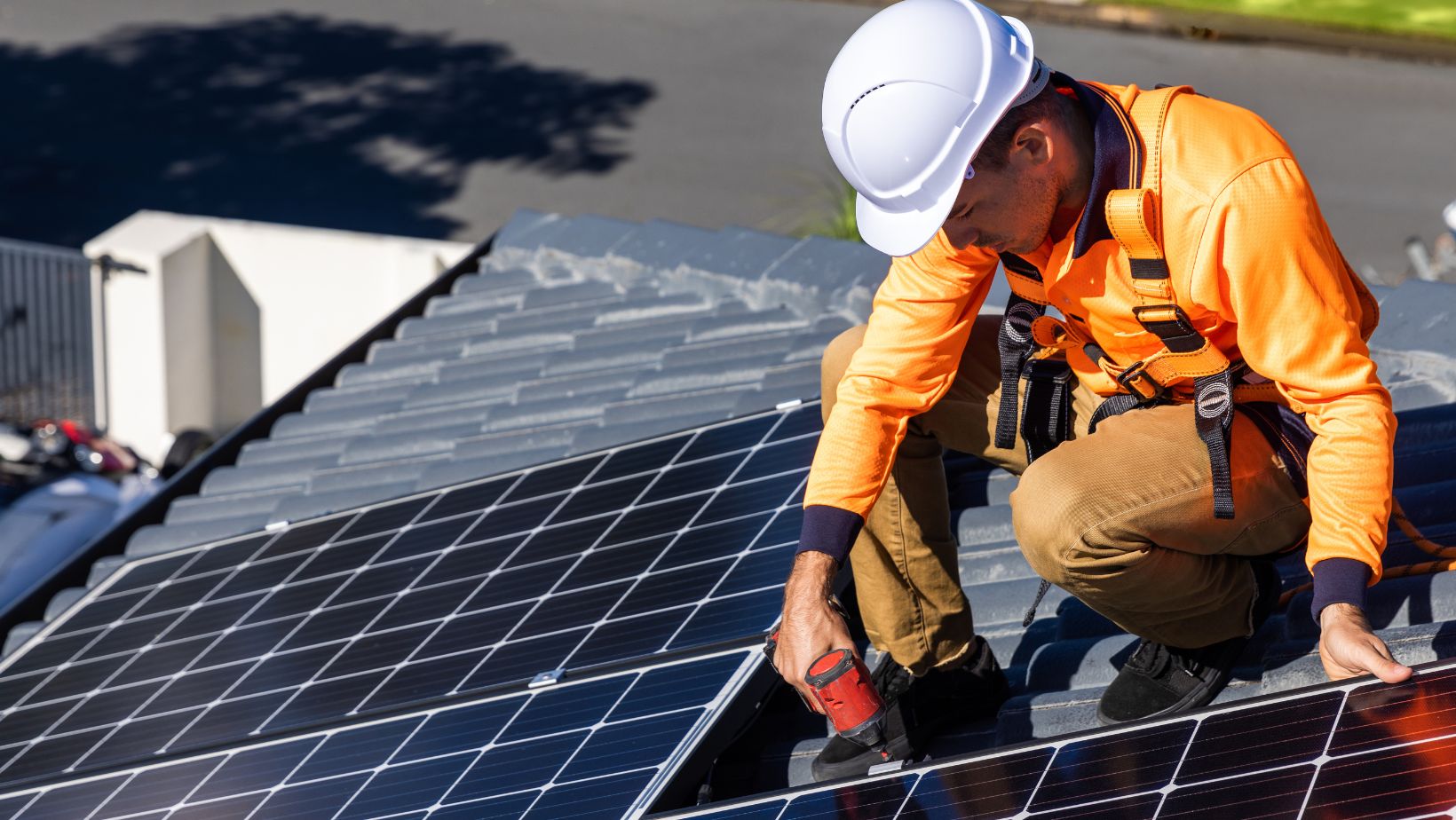
It helps homeowners make informed decisions about their energy use. Also, some systems allow remote control. This lets users optimize their energy use based on real-time data.
Environmental Impact
Smart solar panels maximize energy production and efficiency. They thus reduce carbon emissions a lot. This makes them eco-friendly. They are a choice for those looking to reduce their environmental footprint. Also, AI and machine learning optimize energy production. They ensure the system operates sustainably.
Installation and Maintenance
Installing solar panels is like traditional systems. But, it needs skilled technicians who know the advanced technologies. Premier home solar panel installers are often the best choice for ensuring a seamless installation process.
Site Assessment
The first step in the installation process is a thorough site assessment. This involves evaluating the roof. You look at its condition, orientation, and shading. This helps to find the best place for the panels.
System Design
Based on the site assessment, a customized system design is created. This involves choosing the right number of panels, microinverters, or power optimizers. It also involves finding the best setup for top efficiency.
Installation
Once the design is finalized, the installation process begins. This involves mounting the panels. Then, you connect the microinverters or power optimizers. Finally, you integrate the monitoring system. Skilled technicians ensure that all components are correctly installed and functioning properly.
Testing and Commissioning
After installation, the system undergoes rigorous testing to ensure it operates as expected. This includes checking the electrical connections, monitoring system functionality, and verifying energy production.
Maintenance
Maintaining smart solar panels is easy. This is thanks to their strong design and live monitoring. Regular cleaning of the panels to remove dirt and debris is essential to maintain optimal performance. Also, trained technicians do periodic inspections. These inspections can find and fix issues before they become big problems.
The Future of Smart Solar Panels
Smart solar panels have a bright future. They have continuous tech advances and growing adoption. Several trends and developments are shaping the future of this industry.
Integration with Smart Home Systems
Smart home technology is becoming more common. It’s expected to integrate more with smart solar panels in the future. This will allow homeowners to manage their energy production and use it better. It will create a more seamless and connected living environment.
Advances in AI and Machine Learning
The use of AI and machine learning in smart solar panels is still in its early stages, but it holds great potential. These technologies will advance. They will enable more accurate predictions of energy production. They will allow better optimization of energy usage. And they will improve system performance.
Growth in Residential and Commercial Markets
The adoption of smart solar panels is not limited to residential properties. The commercial and industrial sectors also recognize the benefits of these advanced systems. As a result, the market for smart solar panels is expected to grow a lot in the coming years. Both homes and businesses will drive the growth.
Increased Focus on Sustainability
Awareness of climate change is growing. There is a need for sustainable energy. Therefore, the demand for smart solar panels will likely rise. These systems offer a practical way to cut carbon emissions and promote sustainable living. They align with global efforts to fight climate change.
Embrace the Elegance of Smart Solar Panels
Smart solar panels are like sustainable energy superheroes. They blend high-tech features with real-life benefits. They increase energy efficiency. They offer live monitoring. They work well with smart homes. This makes them a good choice for eco-friendly people.

Top-notch solar panel pros champion these cool systems. They make moving toward a cleaner, greener energy future feel more doable. The charm of smart solar panels goes beyond their tech smarts-it’s about paving the way for a better world for the next crew.
If you enjoyed reading this article and would like to explore some more over on our website.

